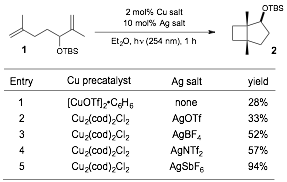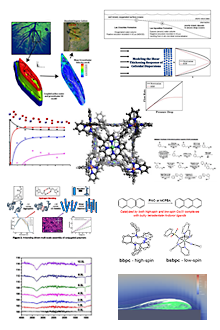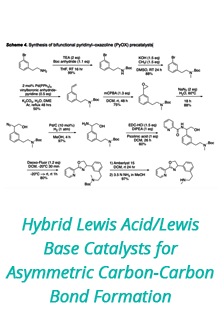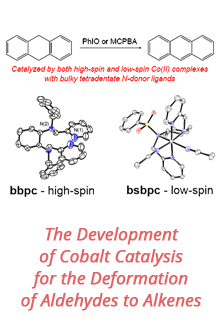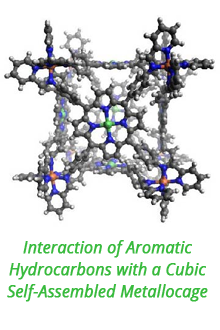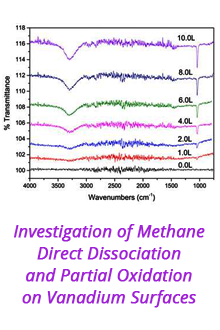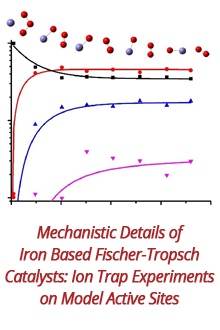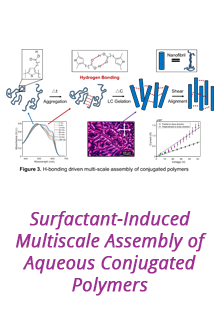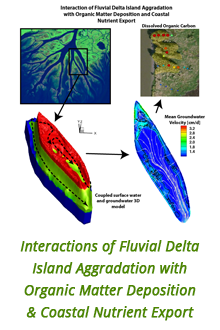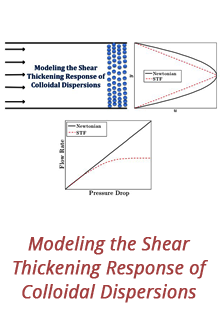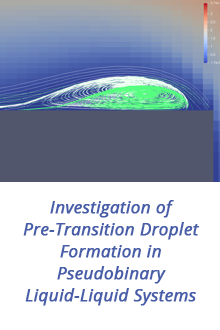Reports: ND156311-ND1: Copper-Catalyzed Photochemistry with Simple Alkenes
Tehshik P. Yoon, University of Wisconsin, Madison
Reactions of alkenes are of fundamental importance in all areas of the chemical sciences. Their cycloaddition reactions, in particular, are widely considered to be among the most powerful transformations in synthetic chemistry. While a great diversity of methods designed to catalyze thermally allowed cycloadditions are well known, there exist only a handful of methods that catalyze thermally forbidden photocycloadditions reactions.
Our investigations in this project area over the past two years have centered on a reexamination of a copper-catalyzed [2+2] photocycloaddition reaction originally described by Kochi and Salomon in 1973. This reaction provides the only practical method to effect the cycloaddition of simple unfunctionalized alkenes. However, the scope of the Salomon-Kochi reaction is somewhat narrow. Successful cycloaddition requires the formation of a bis(alkene):copper complex that is relatively unstable, and a variety of substrate structural features that can destabilize the formation of this complex can prevent the reaction from occurring (vide infra). Consistent with the importance of the this key alkene:copper complex, Salomon has documented a large counterion effect: photocycloadditions catalyzed by CuOTf occur at least an order of magnitude more rapidly than cycloadditions conducted in the presence of CuCl due to the ability of more coordinating counteranions to displace weakly bound olefin ligands.
We hypothesized that the scope of this reaction might be increased by further investigating the effect of non-coordinating counteranions on the reactivity of the copper catalyst. In line with this expectation, we have discovered a substantial increase in the rate of the Salomon-Kochi cycloaddition of model substrate 1 as the coordinating ability of the counteranion is decreased (Figure 1). These conditions are uniformly superior to the original Salomon-Kochi conditions using Cu(OTf) in all examples we have screened to date.
Figure 1
A manuscript describing these results is currently in preparation and should be submitted within the next several months. The co-authors on this project will be a third-year graduate student and a talented REU student from an underrepresented demographic group.

